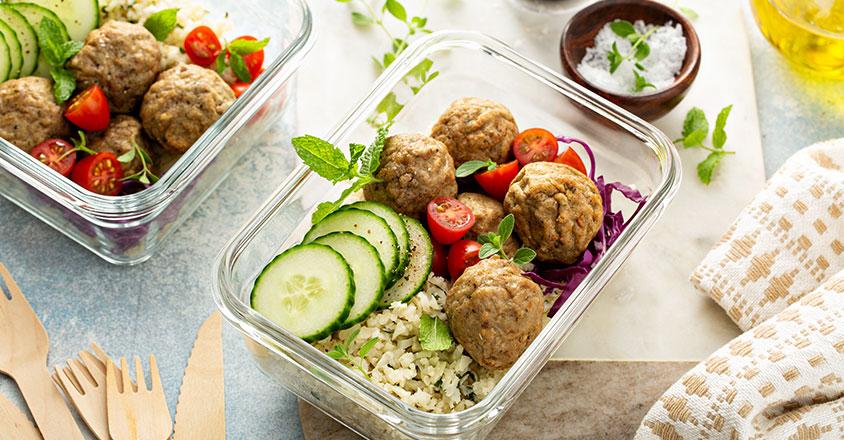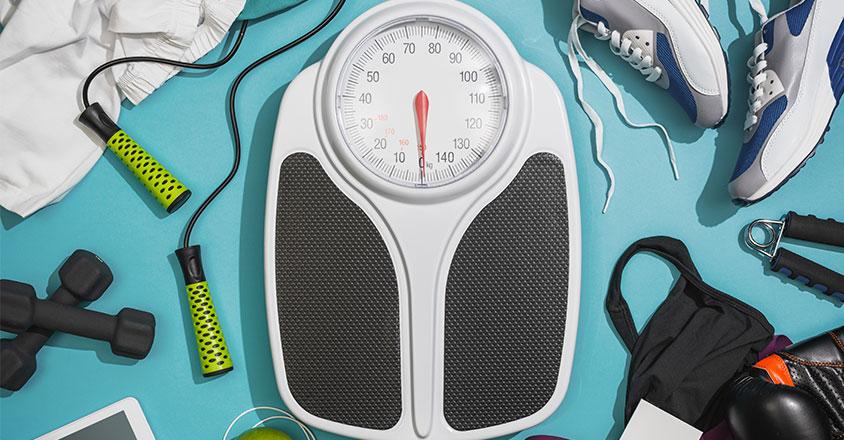Small daily habits for a healthier you
Imagine a version of yourself in the future, sipping tea and whispering “thank you” each time you lace up your sneakers today. You see, researchers found that just 10 extra minutes of movement per day can slash your risk of death by 7%, while 20 minutes yields 13% and 30 minutes delivers a whopping 17% benefit, according to Harvard Health. That’s like a microscopic fountain of youth.
And if you want another boost, try swapping that hot dog for a handful of nuts, or adding nuts to your snack rotation. These healthy bite-size snacks can earn you nearly a half-hour of healthier life daily, says the Michigan University School of Public Health. So yes, the older you will applaud you when you choose nuts over that questionable noodle-in-a-bun.
Now let’s talk about social currency. Having close friends is good for more than gossip and group chats. It may boost your life span by roughly 50% according to an article on the Stanford Lifestyle Medicine website. That’s an invite to a party you definitely want on your calendar.
You may be thinking, “Cold showers? Kale smoothies?” Nah. Tiny, manageable tweaks can lead to a win. These are the kind of habits your future self will high-five you for, while secretly thinking you’re a health-savvy legend.
So, keep walking (even if it’s just around the block), snack smarter (hello, nuts) and laugh a little more with your friends. The older, wiser you will send you virtual confetti and eternal gratitude.
Ready to get healthy?
Sign up for our digital newsletters to receive health tips, recipes, success stories for inspiration and information about new doctors to help you on your journey to better health.
Genesis HealthCare System’s Health and Wellness content conveniently provides accurate and helpful information. Your health history and current health may impact suggestions provided through our Health and Wellness content. Although we hope this information is helpful, it is not a substitute for your doctor's medical advice. Before making any significant changes, please consult your doctor.

You may be thinking, “Cold showers? Kale smoothies?” Nah. Tiny, manageable tweaks can lead to a win.







